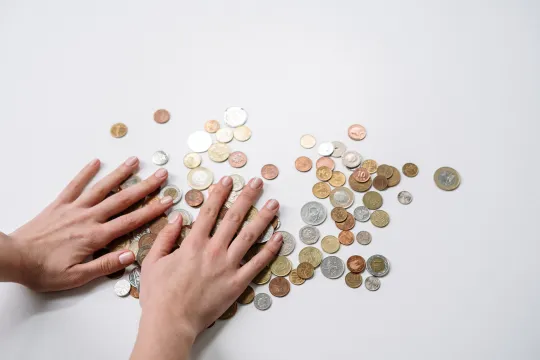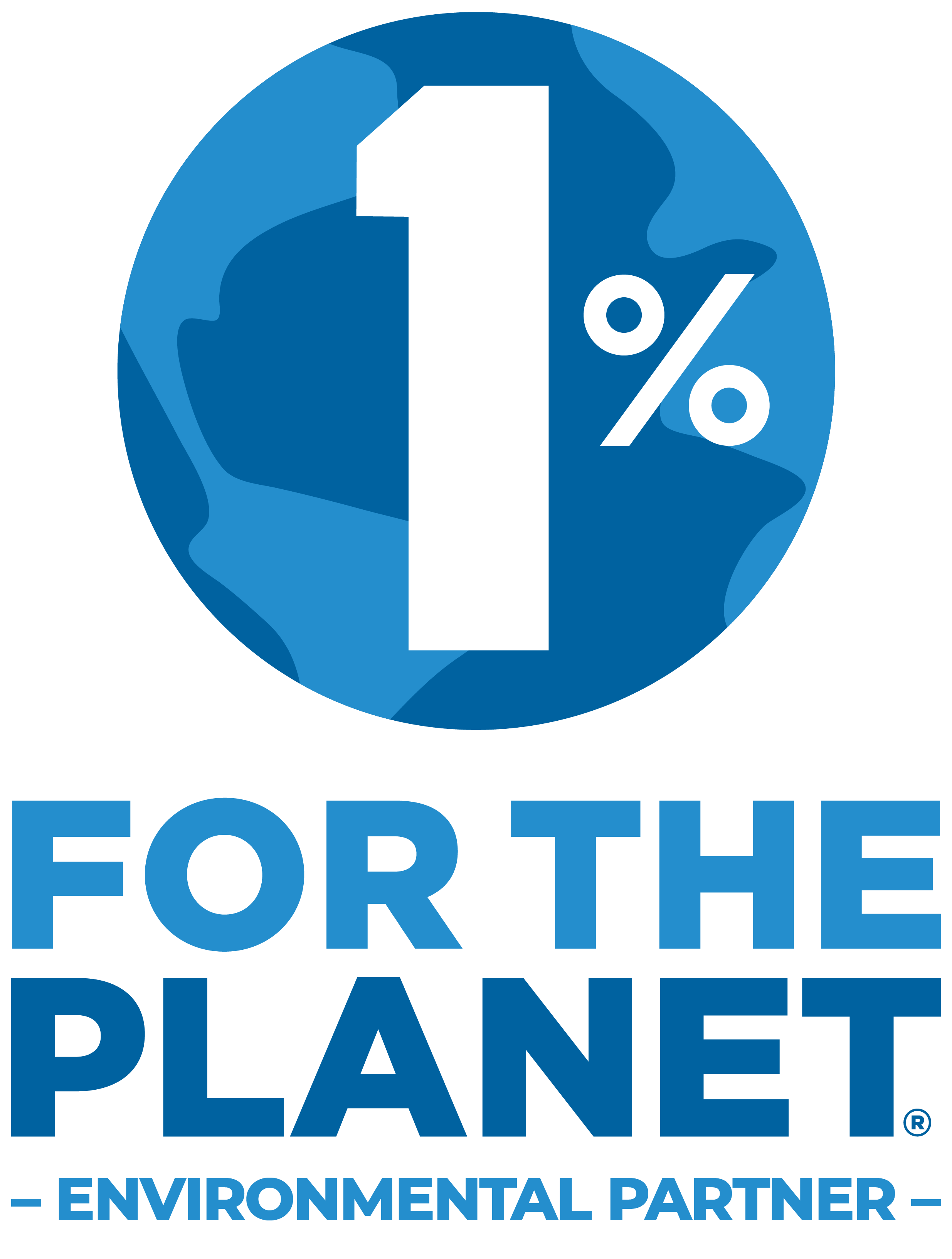Active banners: 0 Visible banners: 0
Climate Crisis is a $26 Trillion Economic Opportunity
Provided by: Sustainability Ambassadors |Published on: January 2, 2024
Lesson Plans
89101112
Synopsis
- This multi-lesson economics unit is focused on the economic effects of climate change on water availability in Washington state and teaches students about implementing circular economy principles.
- Students will review economic concepts, learn about the differences between an extraction-based economy and a circular one, research companies utilizing circular economy principles, and develop an impact project that addresses community needs and encourages a circular economy.

Subjects: Economics, Career Skills
Authors: Rich Butler, Pine Lake Middle School and Issaquah School District
Region: North America, USA - West, United States, Washington
Languages: English
Teaching Materials
Positives
- Some of the videos and examples used in the lesson are student-made, which will inspire students to inform others about environmental issues.
- Students will feel empowered and gain a sense of agency from getting to decide the focus of their impact project.
Additional Prerequisites
- The Common Core State Standards link doesn’t work.
- The first video, titled, What is Sustainability? in Lesson 1 Activity 1 is now private.
- The Wind Energy Growth link in Lesson 1 Activity 2 goes to a page called Careers in Wind Energy. You must click the link that says, "Click to see full size" to get to the map referenced in the lesson (or here).
- The case study on Splosh referenced in Lesson 1 Activity 3 no longer exists, but you can use the questions for many other case studies.
- Some articles for researching fast fashion require a subscription or free account to read.
- The first three articles for Lesson 2 Activity 3 are unavailable, along with the Homegrown article.
- The What Can Governments Do? article does not have a link.
- The link to the Art of Arguing instructional tools turns up a blank page.
- In The Best Sustainable Products for Zero Waste Living - Lucie Fink, the speaker mentions menstrual cups.
Differentiation
- For younger students, especially those with low reading stamina and comprehension, it may be best to read some or all of the articles as a class or to give them an abbreviated version.
- After reading the article, The Surprising Link Between Science Fiction and Economic History, language arts students can read science fiction pieces, looking for themes of hope for the future.
- Students outside of Washington can implement their student impact project with resources relevant to their state.
Scientist Notes
Teaching Tips
Standards
Resource Type and Format
All resources can be used for your educational purposes with proper attribution to the content provider.



